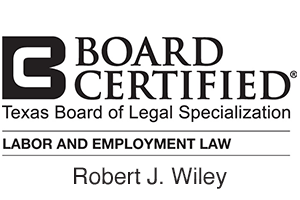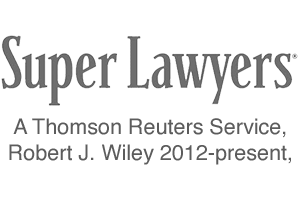in Austin, Texas
Public Whistleblowers
Government Whistleblowers Are Protected From Retaliation
Some state and federal employees may find that their employer is engaging in improper activities such as legal or regulatory violations, abuses of authority or mismanagement, or even creating a danger to the public. In these situations, it is important that any employee who discovers these activities is protected from retaliation if they choose to report their employer. There are many state and federal laws that prohibit retaliation against whistleblowers who work for the government, or (in some cases) who work for government contractors. Some of the laws that protect whistleblowers include the Whistleblower Protection Act of 1989 and the Whistleblower Protection Enhancement Act of 2012, as well as Sarbanes-Oxley, Frank-Dodd, the NDAA, and the Texas Whistleblower Act. These acts and others prevent government employers from retaliating against federal employees who report legal violations or fraud by their employer. If you report misconduct by your employer and are later fired, reassigned, or otherwise retaliated against, you may have a claim.
How Can Whistleblowing Be Reported?
Whistleblowing may involve reporting fraud, waste, or wrongdoing to a direct supervisor. Violations by federal employers may also be reported to the Office of Special Counsel or the Inspector General. Although both offices have the power to investigate claims, and reports to both are protected by law, there are certain differences between the two. Reports to the Inspector General are not always confidential, and the officials in that agency are not required to investigate all claims that are made. However, as long as you reasonably believe that your conduct constitutes whistleblowing, any reports that you make to the Inspector General qualify you for protection whether they are investigated or not.
Making a report to the Office of Special Counsel has some advantages. Reports to this office are automatically confidential, and the OSC can order any government agency mentioned in a complaint to investigate the allegations and report on what they find. Your report to the OSC is protected even if the process does not result in a finding of misconduct. If you make a report to the Office of Special Counsel and the investigation concludes with no evidence of abuse or fraud, but you still face adverse action as a result of that report, you probably have a claim under the Whistleblower Protection Act.
The person or agency that you report your whistleblowing activity to can be extremely important. Failure to report to the right person or agency can render any whistleblowing unprotected. Therefore, it can be beneficial to discuss any potential action with an attorney prior to reporting.
Whistleblowing Under Texas State Law
In Texas, all public employees are protected by the Texas Whistleblower Act. This act makes it illegal for Texas government employers to retaliate against employees who report violations they have committed. There is one main difference between Texas state and federal whistleblower protections: whistleblowers in Texas must report their allegations to an appropriate law enforcement authority in order to be protected by the Texas Whistleblower Act. Internal reports (such as to human resources or to a direct supervisor) are almost never protected.
The Texas Whistleblower Act also gives Texan state government whistleblowers the right to pursue damages such as back pay, benefits, and other compensation if they have been retaliated against by their employer. In some cases, such as those covered by the Texas False Claims Act, whistleblowers may also be protected if they work for a private employer who is defrauding the Texas government.
How to Protect Your Rights
Whistleblowing involves giving evidence of illegal activity or of actions that violate federal safety regulations. As such, it can be quite risky, and it is important to be aware of your rights as a federal employee when planning to make a whistleblower report. If you are a federal, state, or local employee in the Austin area, and you are planning to report misconduct by your employer, you should consult with one of the Austin whistleblower lawyers employed by Austin Employment Lawyers, P.C. We can help advise you on the best way to protect your rights. You can get in touch with us by filling out our intake form or calling our office at (512) 271-5527.







